- The 25-seater buses manufactured by BYD Automotive are valued at KSh 5 million each exclusive of Value Added Tax and can travel at a speed of 70kms per hour
- The importer of the buses also indicated that they are planning to bring spare parts for the vehicles in Kenya for smooth maintenance
- The buses which had not been fully assembled will undergo the final assembly bit locally
Kenya’s plan to fully transition to clean energy has received a boost after 15 electric buses arrived in Mombasa on Tuesday, November 29.
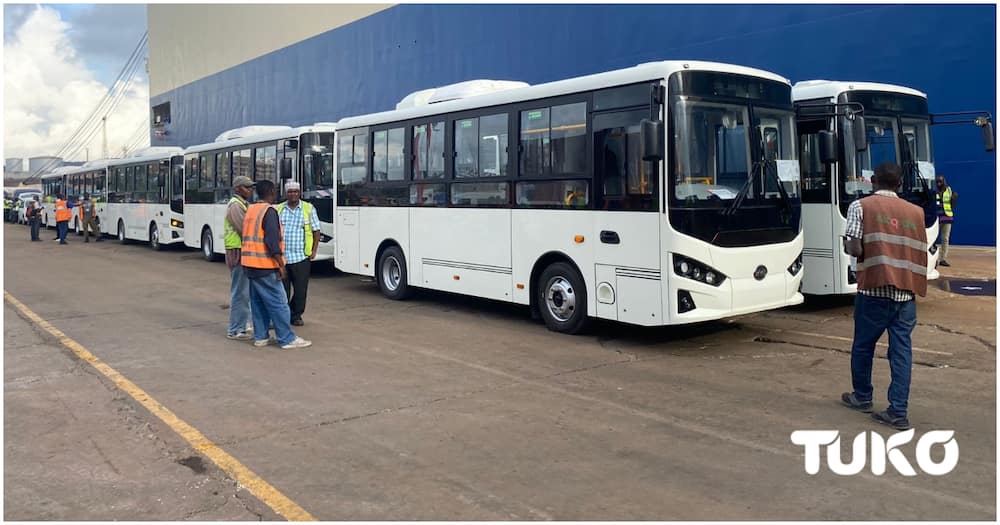
Source: Original
The electric vehicles with a 25-passenger capacity were made by BYD Automotive and have been imported by BasiGo, a pioneer in introduction of electric buses in Kenya.
William Ojonyo, Peleceer Group Chairman said the bulk importation was a great step towards the direction of eco-friendly mobility in Kenya’s public transport sector.
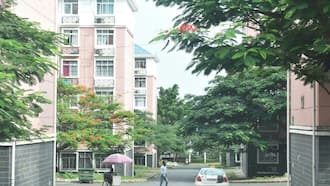
Read also
Equatorial Guinea’s poor lose hope in promised social housing
“This fans my hope that the country will wholly move away from the fuel propelled energy to clean energy to preserve our environment and also provide better services to our fellow countrymen,” said Ojonyo.
This consignment comes at the back of BasiGo’s successful piloting of a first batch of electric buses in Nairobi in March 2022.
Moses Nderitu, Chief Revenue Officer at Basi-Go said in the last 9 months, they had imported two buses under the pilot programme, which have been operating as public transport and had recorded impressive trial results.
“We’ve not been having any minor or major breakdowns and as we continue to build capacity we are looking into bringing spare parts of the vehicles into the country. It feels good to be among those accelerating electrification of Kenya’s transport sector,” he said.
Nderitu said the 15 buses would soon be plying several Nairobi routes, offering commuters access to a safe, comfortable and climate sensitive ride.
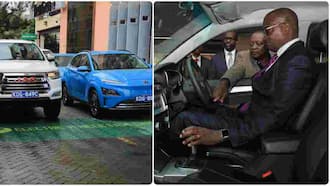
Read also
KenGen Unveils 4 Electric Vehicles to Roll out Charging Stations Across Kenya
The company’s two pilot buses have attained a mileage of 120km and carried over 150,000 passengers with two separate bus operators: Citi Hoppa and East Shuttle.
Local Assembly
“This new shipment is the same model electric bus as the one under the pilot programme. The new buses have not been fully assembled and the remaining bit of their assembly will be done locally by Associated Vehicle Assemblers (AVA) in Mombasa,” Nderitu disclosed.
He said the final assembly of the buses locally was a a key step in demonstrating that new electric vehicles could be fully manufactured or assembled in Kenya in the near future.
The buses valued at KSh 5 million each exclusive of Value Added Tax (VAT) will be powered entirely with locally produced renewable energy, BasiGo confirmed.
Meanwhile, the government of Kenya has committed to a 30% reduction in greenhouse gas emissions by 2030 to address the growing climate crisis.
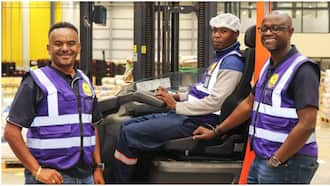
Read also
Twiga Foods to Launch Multimillion Agri-Tech Distribution Centre at Tatu City
With over 90% of Kenya’s electricity coming from renewables, shifting the public transport sector away from imported fossil fuels to domestically produce clean energy represents a key pathway for achieving this climate target.
PAY ATTENTION: check out news exactly for YOU ➡️ find “Recommended for you” block and enjoy!
Source: TUKO.co.ke















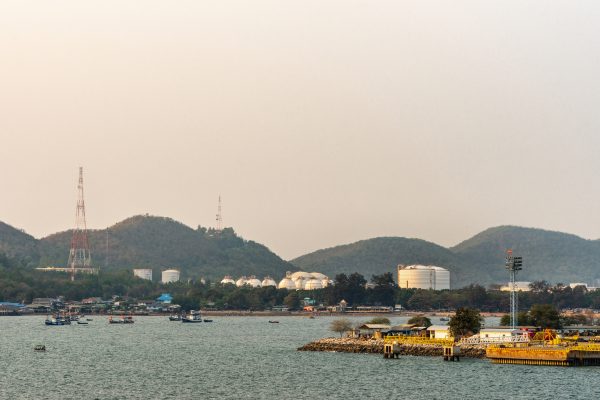




Discussion about this post